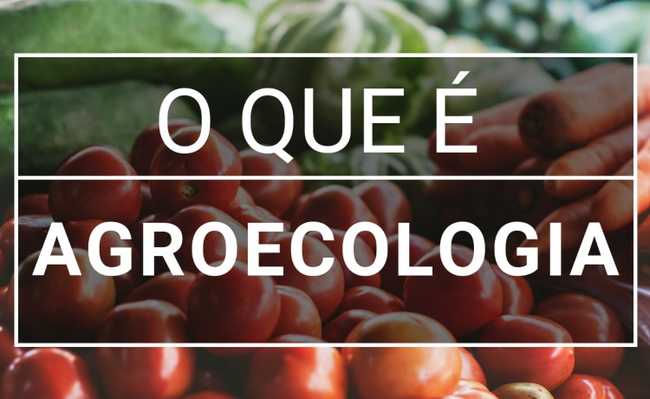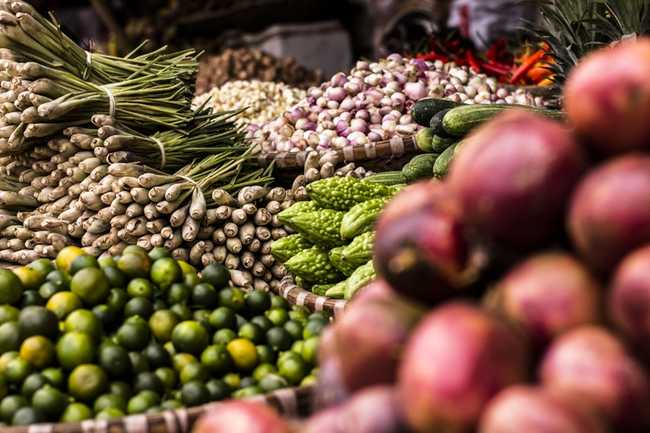what is agroecology
Agroecology is a form of sustainable agriculture that brings together scientific and traditional knowledge.

Agroecology is a form of sustainable agriculture that takes up agronomic conceptions prior to the so-called Green Revolution. Agricultural practices that incorporate social, political, cultural, energy, environmental and ethical issues are called agroecology.
what is agroecology
Agroecology is a concept that was developed by researcher Howard in 1934. In 1950, however, the term "agroecology" was appropriated by researcher Lysenko and started to be used in agronomy courses until 1964, when, then, with the MEC- Usaid, was abolished from education.
In this period from the 1960s to the 1980s, with claims for sustainable agricultural practices, the term agroecology came to be used to represent agriculture that incorporates social, cultural, ethical and environmental dimensions, as did agronomy before the MEC- Usaid, according to professor and agronomist Carlos Pinheiro Machado, in his book "Dialética da Agroecologia".
Agroecology is a form of knowledge that seeks to overcome the damage caused to biodiversity and society as a whole through the practice of monoculture, the use of transgenics, industrial fertilizers and pesticides.
- What are transgenic foods?
- What are fertilizers?
- What are pesticides?
The managements that fit the concept of agroecology presuppose the practice of organic agriculture and the use of clean technologies, generating fewer negative environmental externalities.
- What is organic agriculture?
- What are positive and negative externalities?
The concept of agroecology can be understood as the urgent remedy for the worsening of environmental, social and political conditions caused by the current form of economic development. The agroecology proposal is a review of conventional methods of land management on a large scale.
According to research cited in the book "Dialética da Agroecologia", agroecological production has a production capacity of around 6% to 10% greater than that of agribusiness, being cleaner and cheaper.
However, even being more productive, agroecology refers to the study of agriculture from an ecological perspective, aiming not only to maximize production, but to optimize the total agroecosystem – including its sociocultural, economic, technical and ecological components.
It brings together science and traditional knowledge

Edited and resized image by Julian Hanslmaier in Unspalsh
The term "agroecology" can be understood as a scientific discipline, an agricultural practice or as a social and political movement. In this sense, agroecology does not exist in isolation, but it is a ecology of knowledge composed of both scientific knowledge and popular and traditional knowledge from the experiences of family farmers from indigenous and peasant communities.
Thus, agroecology is based on the systematization and consolidation of knowledge and practices (traditional empirical or scientific), aiming at environmentally sustainable, economically efficient and socially fair agriculture.
Appeal to biodiversity
The proposal of agroecology contrasts production centered on monoculture, dependence on chemical inputs and high mechanization of agriculture, in addition to the concentration of ownership of productive land, the exploitation of rural workers and non-local consumption of production.
- Who are the locavores?
The homogenization of cultivation landscapes generated by the practice of monoculture put biodiversity at risk, generating a crisis not only in biological diversity, but also, and as a consequence of it, in the development of society itself.
- What is biodiversity?
Challenges of agroecology
Monoculture management techniques are already widely adopted. In this sense, it is necessary to have an agroecological transition in soils degraded by the practice of conventional agriculture.
However, for agroecology to establish itself as a conventional soil management practice, there needs to be public awareness; organization; markets; infrastructure; changes in teaching; research and rural extension; distribution of resources and political initiative.










